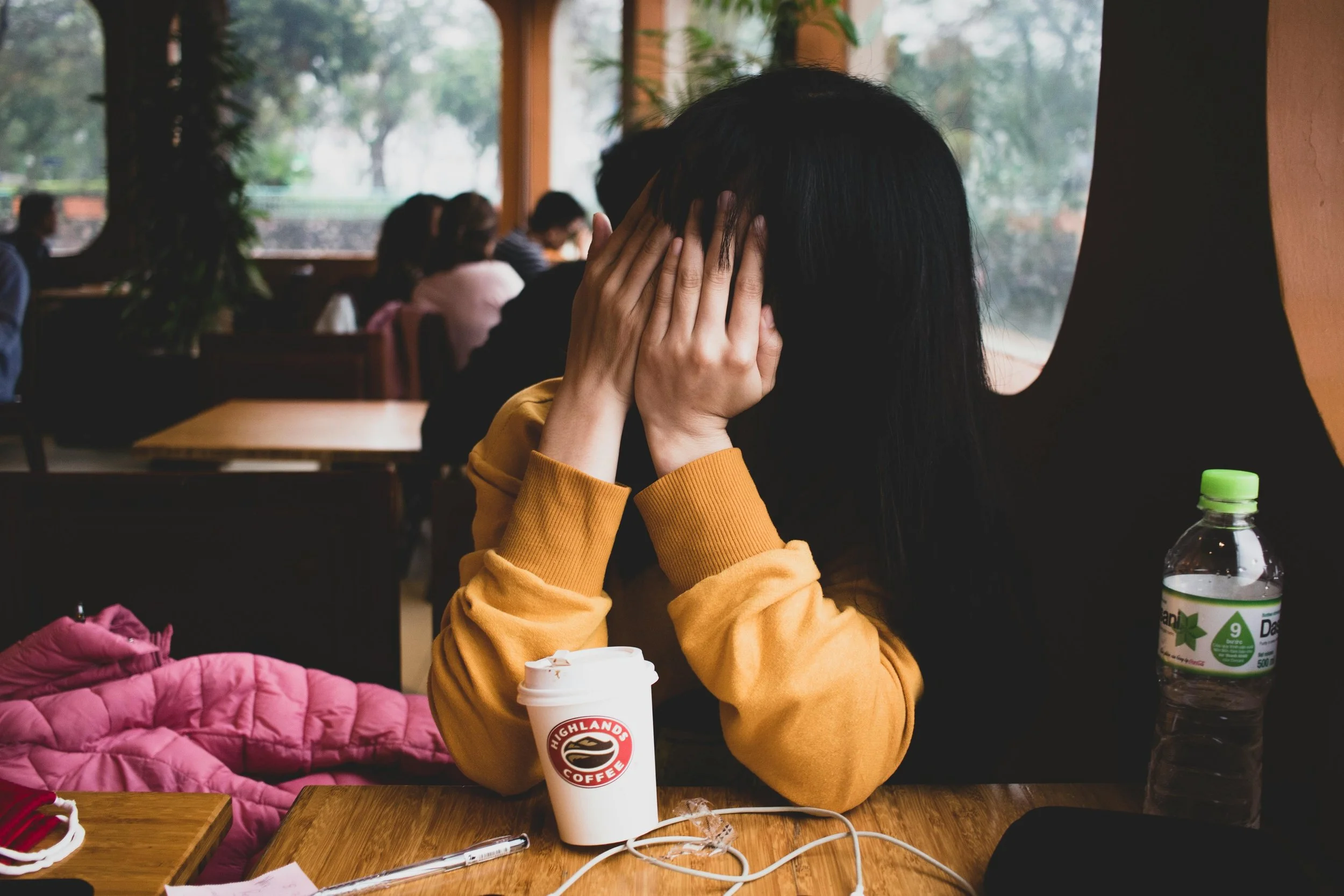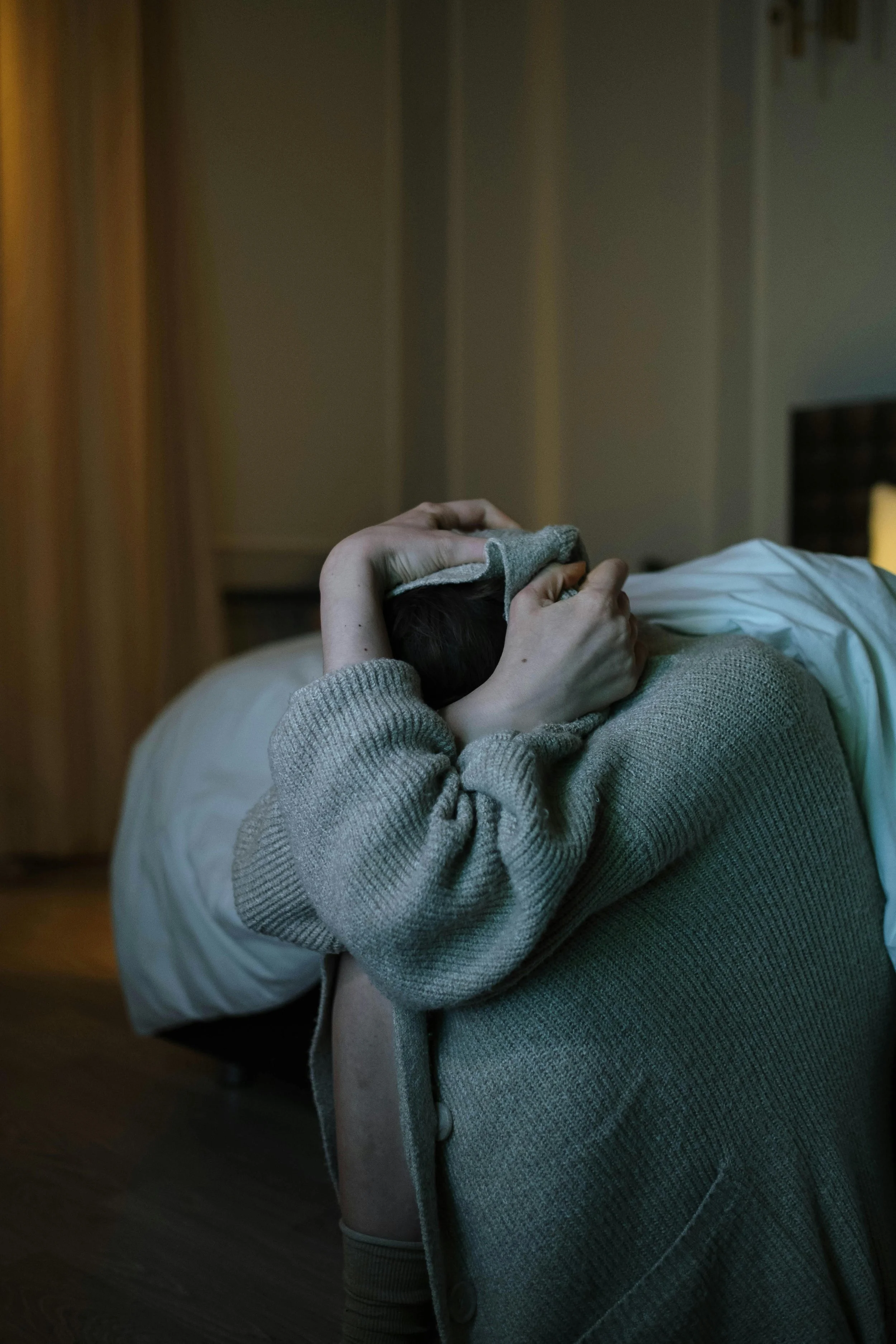Social Anxiety Test: Is Social Anxiety Holding You Back?
Disclaimer: This quiz is only for adults and is not designed to be administered to anyone under 18 years of age. By clicking on the quiz above, you acknowledge that the quiz is not a diagnostic instrument and is only to be used if you are 18 years or older. Let’s Talk! Counseling and Services LLC disclaims any liability, loss, or risk incurred as a consequence, directly or indirectly, from the use and application of this quiz.
Social Anxiety Test Results
This social anxiety test examines whether your experience indicates clinical social anxiety symptoms. The social anxiety test results below can help you better understand your score and potential social anxiety treatment recommendations.
Your results on this social anxiety test can offer valuable insight into your current symptoms. Depending on your score, social anxiety treatment may be recommended, in which case please remember that seeking help is a courageous step towards improving your mental well-being.
None or Minimal Social Anxiety
Your score on this social anxiety test suggests you're likely experiencing minimal social anxiety symptoms, if any. You may be more introverted, leading you to feel uncomfortable in certain social settings, but it's unlikely you meet the criteria for an anxiety disorder.
If you're an introvert, you can help prevent social anxiety by building a handful of close relationships with a few select people. Introverts tend to do best when interacting with familiar people, either one-on-one or in small groups. Introverts CAN do small talk, they just don't like it so try building relationships with people who are open to “real” conversations.
Social anxiety treatment is not recommended for you. However, if you have a history of trauma, this could be causing you to feel more nervous around people you don’t trust, but you're not worried about embarrassing yourself. If you struggle with trusting others due to trauma, PTSD Treatment can help reduce anxiety in social situations. For more information, call today or request a free consultation to discuss your results on this social anxiety test.
Specific Social Anxiety Symptoms
Your score on this social anxiety test indicates you're experiencing social anxiety symptoms in specific types of situations. You likely put pressure on yourself to be “on”, interesting, or entertaining, and to ensure others are enjoying themselves. You may overthink things you've said and worry often that you’ve said the wrong thing or upset someone. The pressure you put on yourself in social situations can cause you to miss what others are saying, making smooth conversations difficult.
Social anxiety treatment can help ensure your social anxiety symptoms don’t spread to other situations that don’t currently make you anxious. If you are having intrusive thoughts about past experiences of feeling embarrassed or humiliated, social anxiety treatment can teach you how to break this mental habit.
Our approach to social anxiety treatment includes focusing on specific social skills, such as small talk and assertive communication, which can help eliminate social anxiety symptoms. For more information or to schedule an appointment to begin social anxiety treatment, call today or request a free consultation and we'll reach out to you to discuss your social anxiety symptoms and the results of this social anxiety test.
Generalized Social Anxiety Symptoms
Your responses on this social anxiety test suggest you're experiencing social anxiety symptoms in many types of social situations. You may be avoiding social interactions by staying home and doing things like wearing headphones or playing on your phone when around other people. When interactions are unavoidable, you may find yourself caught up in a spiral of worries about looking or sounding stupid, awkward, or weird. You may be putting so much pressure on yourself to say something, that your mind goes completely blank, leaving you standing there silently. You may also be experiencing really uncomfortable physical symptoms such as sweating, heart pounding, or blushing.
If you scored in this range on the social anxiety test, social anxiety treatment is essential. Our therapists offer techniques that target unhelpful thinking patterns, unresolved past experiences of humiliation, and physical symptoms that often underlie social anxiety symptoms. You can take control of social anxiety by taking baby steps to practice social skills and face the types of social situations you've been avoiding. For more information or to schedule an appointment, call today or request a free consultation and we'll reach out to you to discuss your results on this anxiety test.
We can help.
If you or someone you love is struggling with anxiety, depression, or the effects of trauma, please reach out. We offer Cognitive Behavioral Therapy in Orlando and online throughout Florida. Call today or send us your info and we’ll reach out for a free consultation to see if one of our CBT Therapists would be a good fit.
References:
Mattick, R., and C. Clarke. 1998. Development and Validation of Measure of Social Phobia Scrutiny Fear and Social Interaction Anxiety. Behavior Research and Therapy 36:455–70.
Mennin, D. S., Fresco, D. M., & Heimberg, R. G. (1998, November) Determining subtype of social phobia in session: Validation using a receiver operating characteristic (ROC) analysis. Poster presented at the 32nd Annual Meeting of the Association for Advancement of Behavior Therapy, Washington DC.








